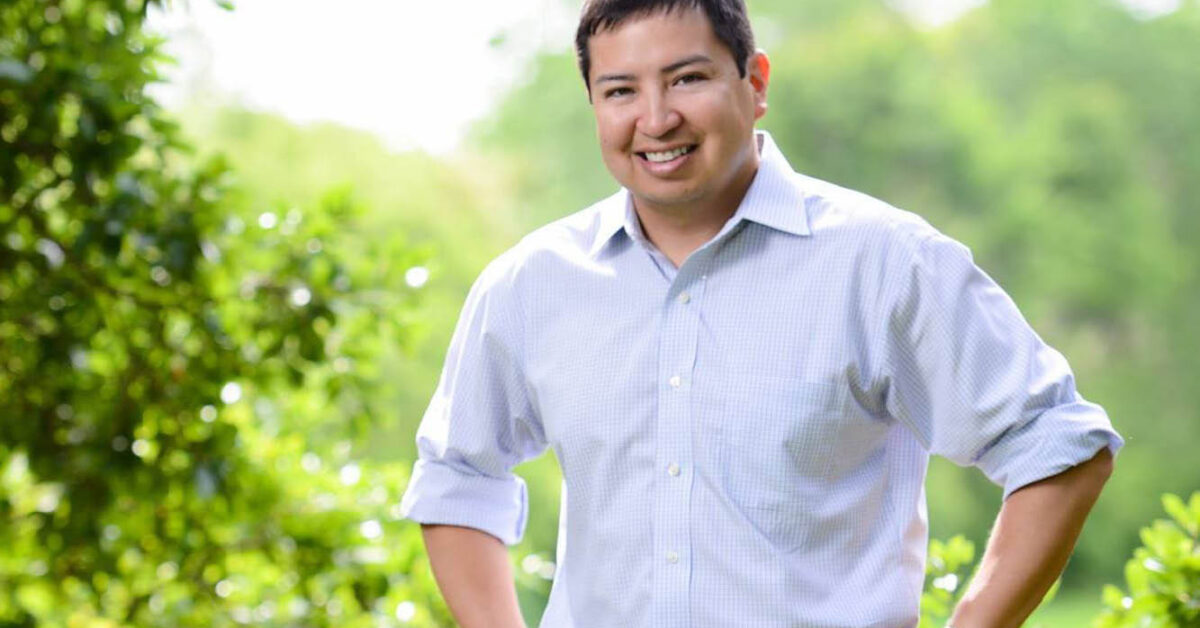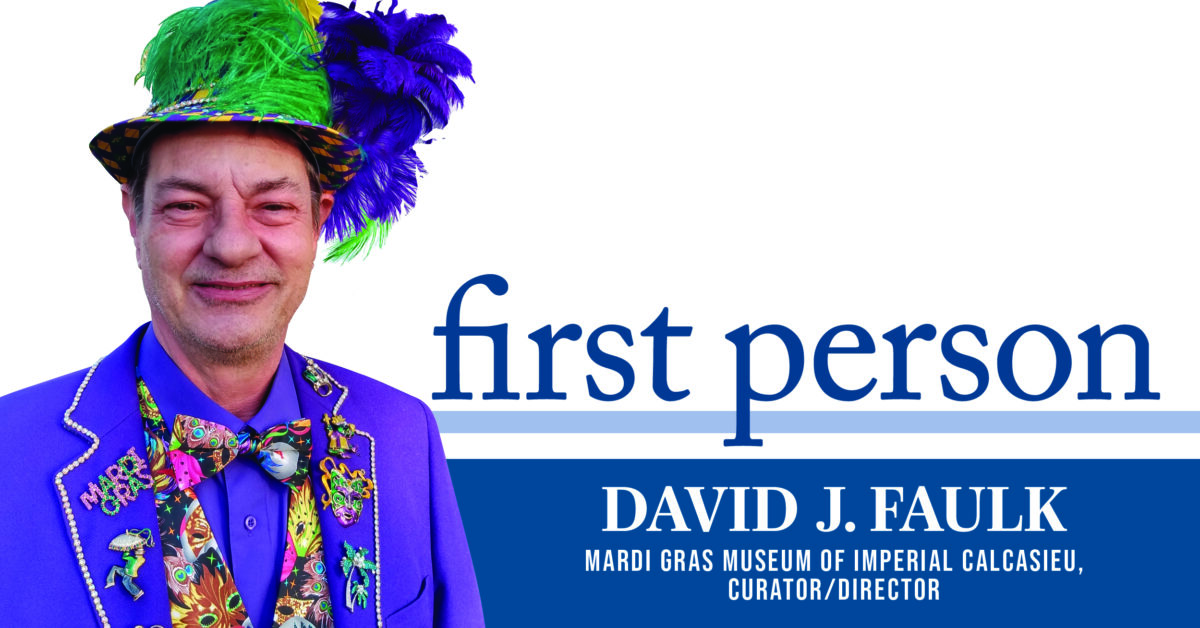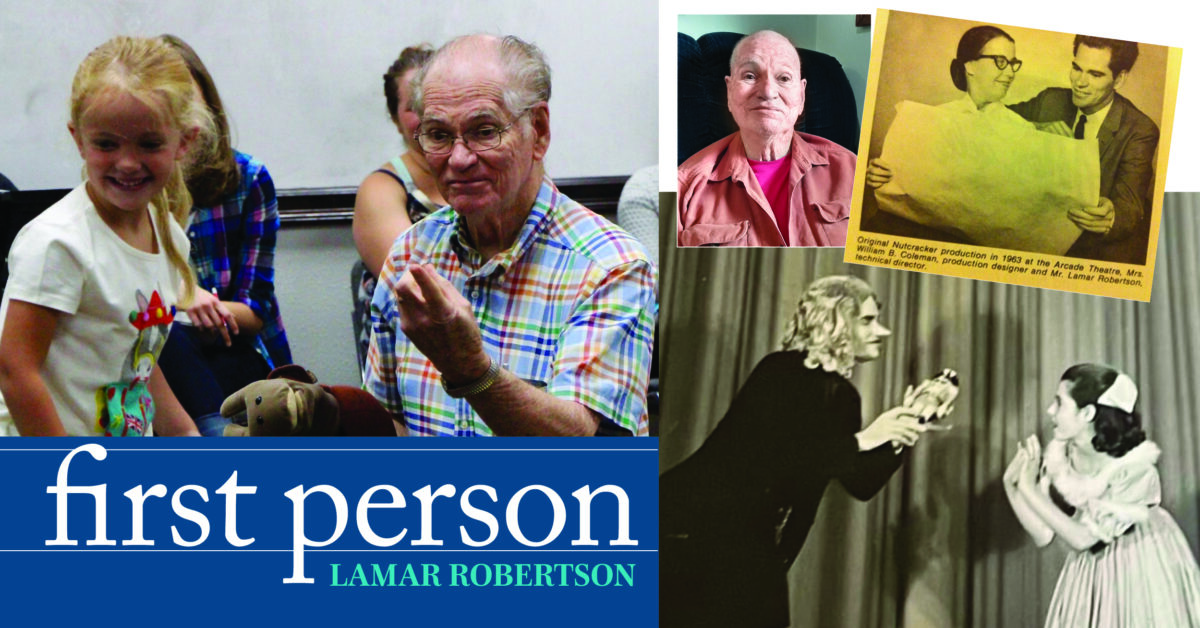
Business Blueprint
November 2021
Recovery Spotlight – Petro Bowl is Back!
November 2021by Angie Kay Dilmore
David Sickey was born in 1978 into the Coushatta Tribe of Louisiana. He began his tenure in Coushatta Tribal government in 2003 at age 25 and served in their government in various capacities for 18 consecutive years. In June 2021, he founded and became CEO of Sickey Global Strategies, LLC (SGS). SGS provides consulting services on numerous issues that affect the lives of Native Americans. “My aim is to help leaders and governments deliver for their people so that they can develop open, inclusive, and sustainable societies in an interconnected global community,” Sickey says.
Sickey lives in Iowa, La. with his wife and five children. He is passionate about Native American issues, the plight of indigenous peoples, and the importance of bringing awareness of their concerns to the American public. In honor of National Native American Heritage Month, Thrive magazine helps Sickey share his story.
Describe the path that led you to your involvement in Coushatta Tribal government. My father, Ernest Sickey, was the architect of the Coushatta Tribe’s federal re-recognition in June 1973. As a young boy I vividly remember observing, hearing, and learning about public service, and I knew that is what I wanted to do one day. I worked within the tribe prior to running for the Tribal Council. My first campaign for the Tribal Council was successful in May 2003. Two years later I became the Vice Chairman. In 2017, I became the Chairman and ended my term in June 2021. Second to getting married and having five beautiful children, serving in the role of a tribal government leader has been the high point of my life. It was an honor and a privilege to serve and make an impact on my tribe and the surrounding communities.
What do you see as the primary concern of Native Americans today? The issue of missing and murdered indigenous women and girls (MMIWG) is a major humanitarian crisis in the United States. In 15 years of conflict in Iraq, the U.S. has suffered 4,541 fatalities; yet in 2016 alone, there were 5,712 reported MMIWG cases in the U.S. For over a decade, the U.S. Department of Justice has estimated that American Indian women are around 2.5 times more likely to be victims of sexual assault when compared to the general population. One in three Native American women will be raped in their lifetimes. In Canada, First Nations women are six times more likely to be the victims of homicide, while in the United States that figure increases to ten times. Among the general population of American Indian women, 67% of rapes suffered by Native women are committed by non-Natives. 80% of sex crimes on reservations are committed by non-Natives, and according to the U.S. Department of Justice, 86% of all reported sex crimes against Native women are perpetrated by non-Natives.
Taking what we thought was a proactive approach, we began our own internal investigation to assess our level of threat here in Louisiana. In the state that surrounds our sovereign nation, the Coushatta Tribe of Louisiana, our people are categorized by coroners and the Louisiana Department of Health and all Vital Statistics as “other.” To this day, there is no accurate accounting of MMIWG victims in Louisiana. It is as if we do not exist; as if our women and children are invisible.
On October 10, 2020, two bills were signed into law to help address the crisis of missing and murdered indigenous women in the United States. In combination, the reintroduced Savanna’s Act and the Justice for Native Survivors of Sexual Violence Act incorporate the recommendations made by several Native American organizations. that were discussed with Senator Murkowski, Senator Udall and others in December 2018. Support came from the offices of Senators Kamala Harris, Diane Feinstein, and James Lankford. A priority for all federally recognized Indian tribes is to strengthen and extend the jurisdiction of tribal courts to cover MMIWG crimes, which is at the heart of the Justice for Native Survivors of Sexual Violence Act.
Additional pressing concerns for Native Americans today are recovering from boarding school trauma, including searching for unmarked graves and bringing children home; Native American voting rights; and helping tribal communities recover from trauma associated with COVID-19.
What were some of your most significant accomplishments as Chairman? I was instrumental in influencing Governor John Bel Edwards to issue a historic Proclamation designating May 5th as Missing and Murdered Indigenous Women and Girls Awareness Day. He also signed a sweeping executive order to create a Murdered and Missing Indigenous Women and Girls Task Force which I chaired. This Louisiana executive action is arguably the most expansive MMIW/MMIP gubernatorial order of its kind to be adopted in the United States to date. Additionally, I led my tribe to become the Executive Producers of two MMIWG-related documentaries; Somebody’s Daughter and Say Her Name, which can be found on YouTube. These are movies made to edify and inform the world on these important issues.
Elected to the position of Tribal Chairman in 2017, I was responsible for steering the Coushatta Tribe of Louisiana through the COVID-19 pandemic. I oversaw the procurement and provision of health services, worked with numerous federal agencies and officials to secure federal funding for the Tribe, and navigated my Tribe’s multi-million-dollar business through the pandemic’s unstable financial throes. Notwithstanding the shutdowns and other significant hurdles imposed by the COVID-19 pandemic, the Coushatta Tribe’s business grew stronger. I also helped the Coushatta Tribe overcome the impacts of multiple natural disasters. I was instrumental in helping this Tribe obtain millions of dollars in grants and funding programs thereby securing prosperity for the Tribe and our surrounding communities.
Drawing on my extensive experience in government, I led the Coushatta Tribal Council in enacting several important ordinances, including a Tax Revenue and Administration Code, an Environmental and Cultural Resource Protection Ordinance, and a Tribal Archive and Artifact Protection Ordinance. I also negotiated with the Governor of the State of Louisiana to secure a favorable amendment to the Tribal-State Gaming Compact between the State and the Tribe. Most recently, I laid the groundwork for significant improvements to tribal infrastructure that will improve access to education, ensure adequate health care, alleviate environmental concerns, and allow for community investment.
Name three noteworthy Native Americans you’d like to highlight.
• Debra Haaland, a New Mexico congresswoman who was recently appointed as the United States Secretary of the Interior – the first Native American to hold this position.
• Sharice Davids, a Congresswoman from Kansas who is the only Native American Democrat currently in the U.S. House of Representatives.
• Joy Harjo, an American poet, musician, playwright, author, and the current United States Poet Laureate – the first Native American to hold that honor.
For more information on the Coushatta Tribe, see their exhibit at the Imperial Calcasieu Museum. This exhibit runs through Dec. 23.






